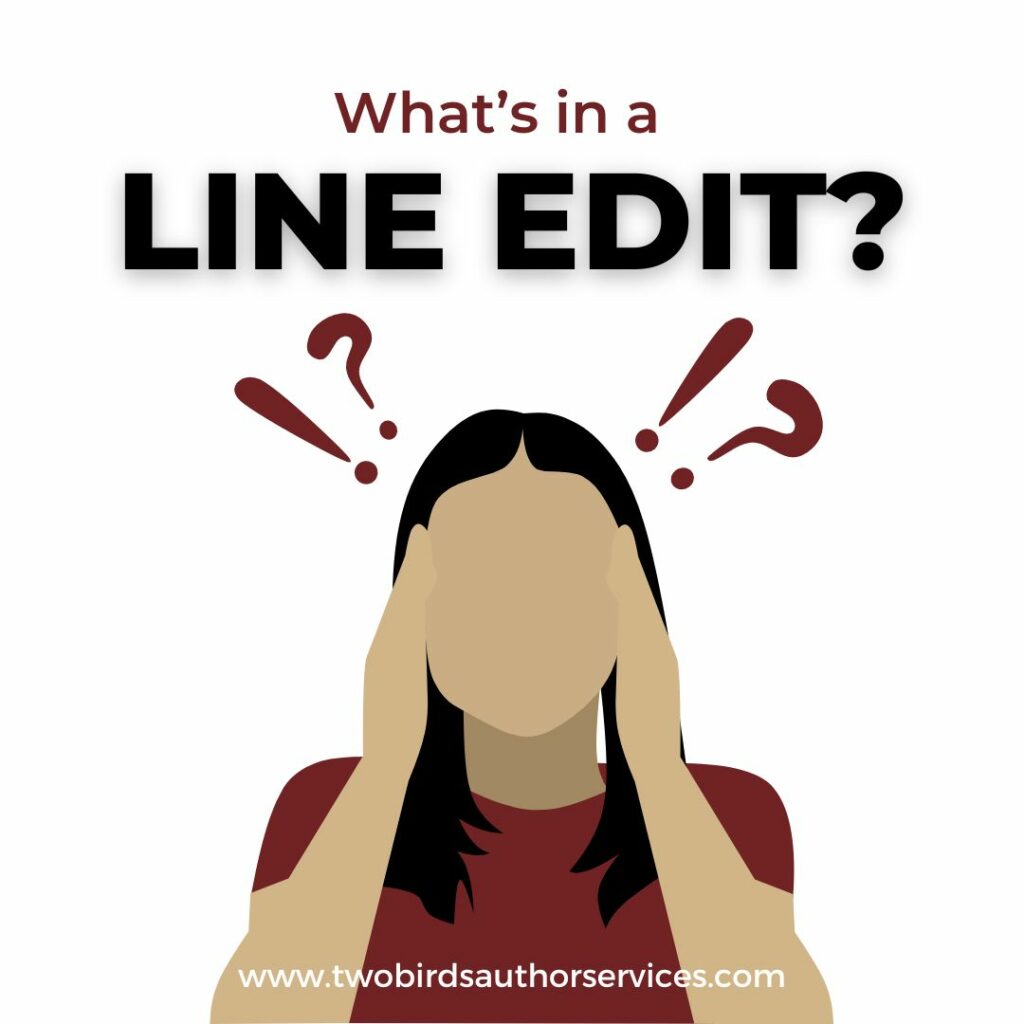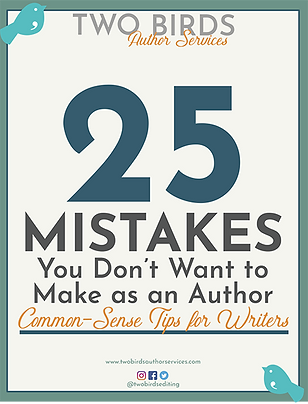7 Tips for Being Productive as a Fiction Writer
Ever wondered how to keep yourself consistently writing…so that you actually get that novel done?
Crickets...
Yeah… We get it. Lots of writers, most of us really, go through ups and downs when it comes to getting our fiction from our imagination and heart onto pages that readers can, you know, actually read. Being a writer is not easy, but it is manageable when you figure out what works to keep you at your desk doing the work.
TIP #1: Don’t wait for inspiration to strike.
Sure, it’s always delightful when you have a great idea and feel “in the mood” to write. But honestly, it’s often necessary to start your next set of pages when you’re not in the mood. Writing is like anything else in life. You may not always feel like it at first, but if you want to type “THE END” on your manuscript, you’ve got to do the work day in, day out.
This doesn’t mean you have to throw aside creativity. Far from it. Committing yourself to writing instead of procrastinating is a magical thing. It’s easier to turn a car that’s moving than one that’s parked. As you begin to write, you’ll find that most of the time, your mood changes. You begin to get into the groove. Let the mood strike after you start writing. It will strike, count on it.
TIP #2: Schedule time to write when you’re most energetic.
Each of us has our preferred times to get things done, times when we have the momentum to accomplish things. We also have times of day that we’re just, well, low energy. I’m talking about your normal, everyday biorhythms here, as well as your normal schedule. Figure out what really works for you as an individual.
What this can look like in practice varies a lot. I’ve got one friend who gets up to write at 4:30 am because that’s when she has time to herself before her family gets up. My husband is like that too. If I get up that early, however, I don’t do much but sit around grumpy and half-awake. So… no early hours for me, but I do feel energetic between 8am and noon, so i work then.
I also have a friend who prefers to sleep in and writes in the evening. She has stayed up til
midnight or later writing. By 9pm, my brain shuts off for that kind of creative work. And my brain also shuts off if I’ve had a rough day, have been sick, etc.
The point is, know yourself and know what works for you. Then use that to schedule time for creativity.
TIP #3: Make writing dates with yourself.
A lot of people look at writing fiction as a “second priority” type of project, something you should only do after all your other stuff. And sometimes, that’s necessary. We embrace the idea of going to the office to earn your paycheck, feeding the crying baby, and such.
But if you never make time for writing, it’s all too easy to never make time. Counteract that by planning for writing time instead of just hoping you get some. Don’t play it by ear. S
chedule it in. Put it on your calendar. Make it a standing date…your personal time to work on your novel. We all deserve time for doing something for ourselves, and your writing is included.
TIP #4: Set aside a dedicated writing space.
It’s a known fact that when we make literal room for something and use that space for that activity, it helps us to get into the “mindset” for that work. This technique works great for writing. You’re honoring the activity of writing in your life by making literal room for it.
This doesn’t mean you have to do it at home, though if you have the space, you certainly can set aside a specific area for your writing. Get a desk, or convert an unused bedroom or even a walk-in closet into a space for creativity.
But realize that if it helps you to get out of the house, you can easily create a space for yourself by regularly visiting a place that you can concentrate on writing. Coffee shops work for many people. I also have a friend who loves to get to the library because it’s quiet and allows her to spread out her notebooks, reference books, and computer. Experiment with
different places until you find where you feel most able to write, and then visit it as often as you can.
TIP #5: Set clear goals.
Having a clear arrival point gives you something to move toward, and it also creates a sense of accomplishment when you’ve arrived, right? So, why not set yourself some writing goals?
Great goals are achievable and focused. If you can reasonably get 500 words on paper in your lunch hour, then set that as a goal. If you can get 5 pages drafted on Saturday mornings, make that a goal. How many words or pages can you get done daily?
Goals can also include planning other aspects of your writing, from investigating software you want to use, to creating an outline, and more. Be sure to make the goal specific: I’ll try out these three outlining softwares today and choose one to use. OR I’ll spend this week working on chapter two, and make sure I finish a draft of the scene with George and Martha realizing they’re pregnant by Friday.
TIP #6: Take Breaks.
We all need to rest, recharge, and reenergize throughout our days. Making time for these breathers is a fantastic way to get new energy to get back to work. Use this for supercharging your approach to writing.
You’v
e probably heard of the Pomodoro technique (essentially working focused for 20 minutes or so, then breaking for 5-10 minutes before getting back to work). You can adapt the timing to how you personally work (45 minutes focus, 15 minute break, for example). Test it out til you find what is most effective for you.
Also, getting up from where you’re writing to create a change of scenery on your break is helpful. Go outside and get 5-10 minutes of sunshine and fresh air. Take a 15-minute walk. Go into another room and fold clothes. Move your body and be active. Motion helps you c
hange gears, breathe deep, and gain energy to tackle your writing once again.
TIP #7: Stay positive.
Writing is a solitary activity for a lot of us, and it can sometimes be hard to look at your work and feel like it’s going where it should. Discouragement, criticalness, etc., can do a number on your creativity.
Kee
p up your positivity by reminding yourself why you’re telling your story in the first place. Not just, “I want to earn money” but “These characters always make me laugh” or “I know this book will encourage someone to overcome a challenge.” Stay focused on your passion and your purpose. It’ll motivate you to stick to writing when it feels hard.
Reach out to others for support. Whether that’s getting a book coach to help you stay accountable, a writing buddy to help you show up daily at your desk and hit your word count, a critique group or beta reader group to give you feedback, or something else, there are
many ways to get the boosts and encouragement you need to keep writing. Find what works for you, and give yourself permission to seek that support. You deserve it.
We’re here for you
If you have questions about writing, are looking for an editor, or want an accountability or writing coach, let us know. We’d be happy to connect with you and see how we can help.




